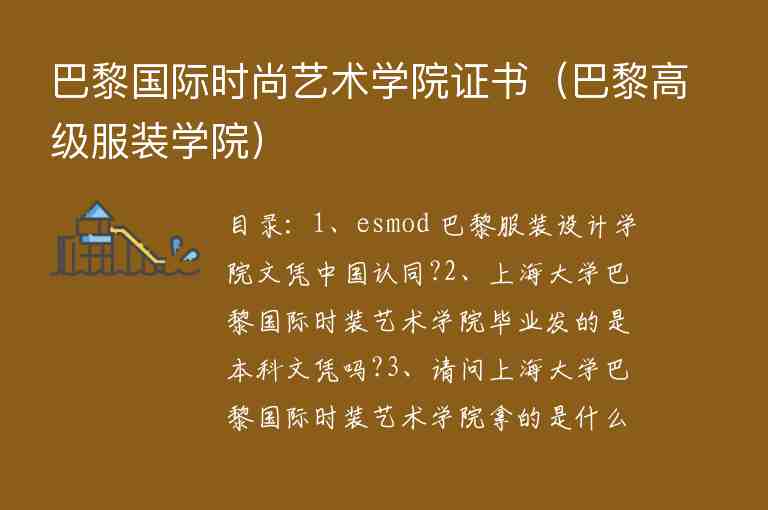abase是一个动词,表示“降低(地位、身份等);羞辱;贬低”。其音标为/əˈbeɪs/。
用法:
1. abase oneself:自贬,自谦
2. abase oneself before:对...卑躬屈膝
3. abase oneself to:向...屈服
例句:
1. He refused to abase himself before the king and his arrogant courtiers.
他拒绝在国王和他那些傲慢的大臣面前卑躬屈膝。
2. She felt that her new job was an abasement of her skills and qualifications.
她觉得自己的新工作是对她的技能和资历的贬低。
3. The politician was accused of trying to abase himself to the wealthy donors in order to gain their support.
这位家被指控试图向富有的捐赠者卑躬屈膝以获取他们的支持。
同义词及用法:
1. humiliate:羞辱,使丢脸
例句:The boss's constant criticism and belittling comments humiliated her in front of her colleagues.
老板不断批评和轻视的言论让她在同事面前感到羞辱。
2. degrade:降低(地位、品格等)
例句:The dictator's oppressive regime degraded the citizens' rights and freedoms.
者残暴的政权剥夺了公民的权利和自由。
3. demean:贬低,降低身份
例句:The rude customer's demeaning comments made the waitress feel small and insignificant.
粗鲁的顾客贬低的言论让女服务员感到渺小和无足轻重。
4. lower:降低,贬低
例句:His constant lying and cheating has lowered his reputation among his peers.
他经常撒谎和欺骗使他在同龄人中的声誉下降。
5. disgrace:耻辱,丢脸
例句:The athlete's use of performance-enhancing drugs brought disgrace upon himself and his team.
这位运动员使用给自己和他的团队带来了耻辱。
编辑总结:
abase是一个常用的动词,表示“降低(地位、身份等);羞辱;贬低”。它可以用来描述一个人被迫屈服于权威或被羞辱、贬损。除了常用的abase oneself外,还可以使用abase oneself before或abase oneself to来表达不同的含义。同时,它也有许多近义词可替换使用,如humiliate、degrade、demean、lower和disgrace。在写作时要根据具体语境选择合适的词汇来表达所想要表达的含义。


